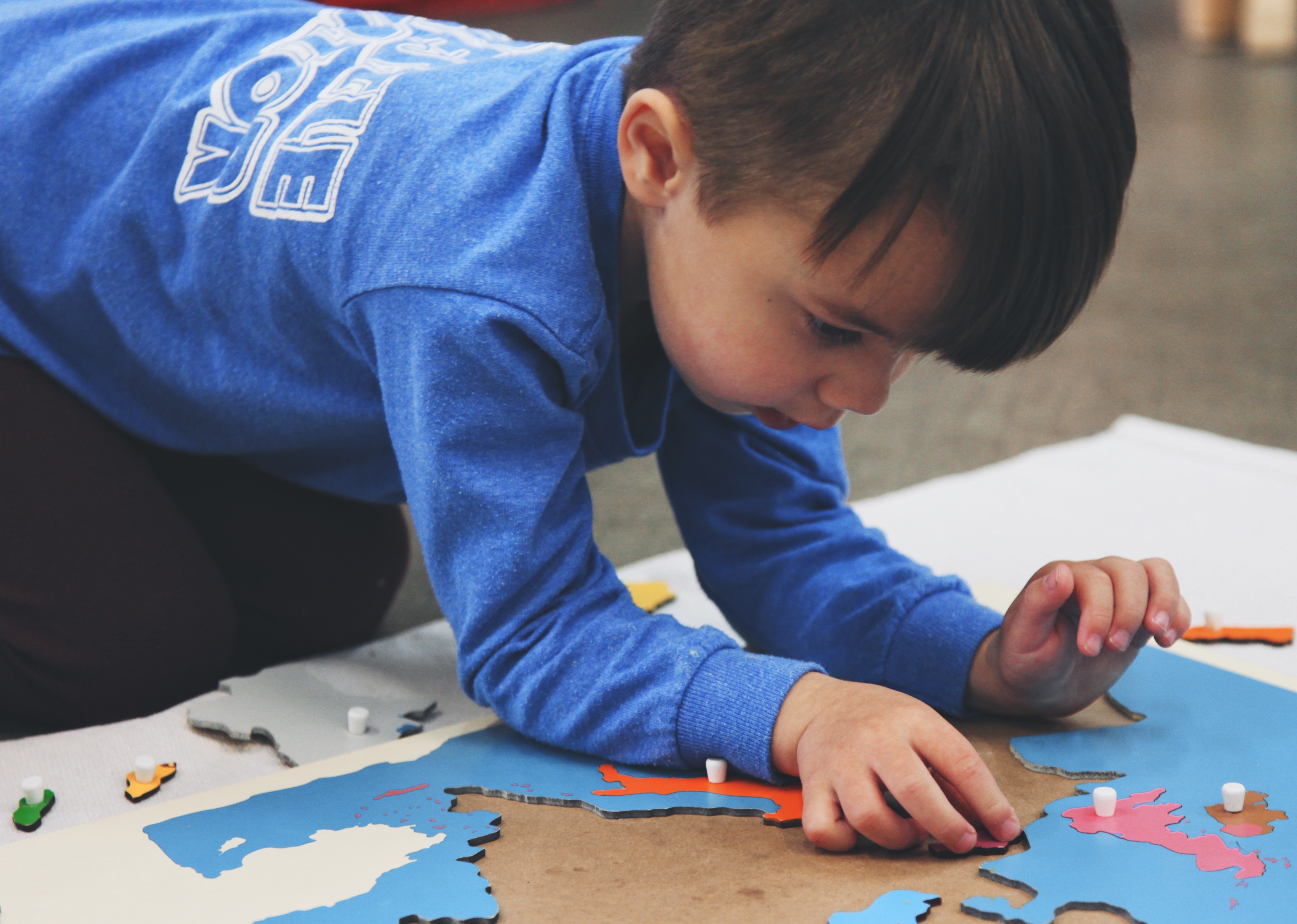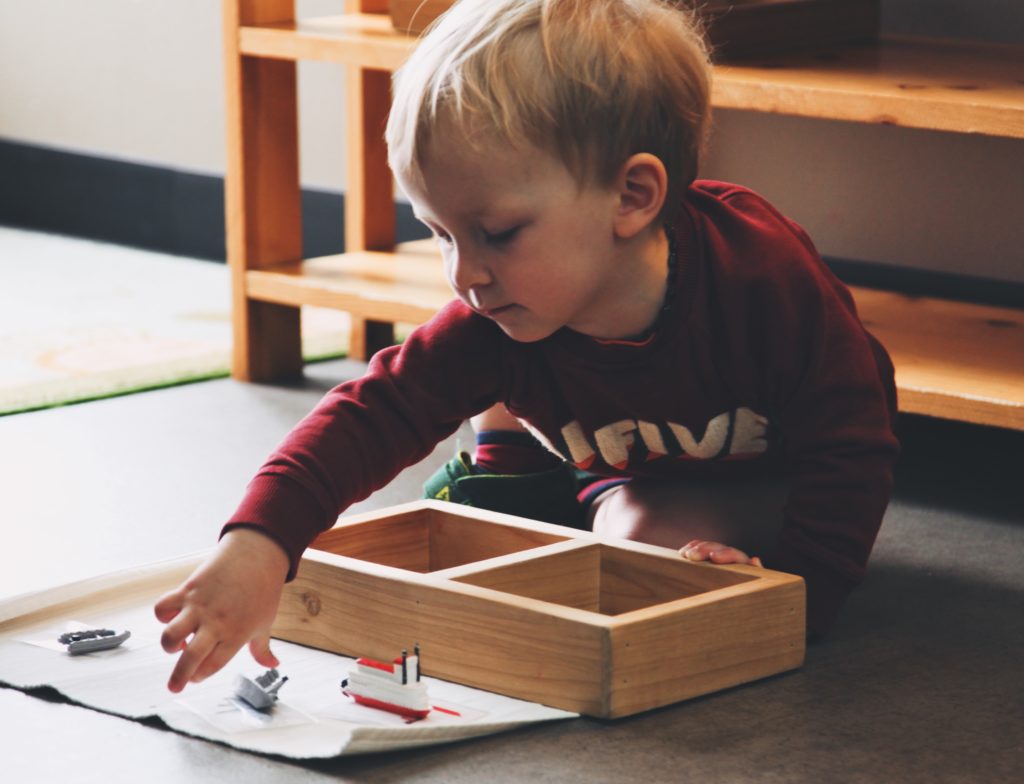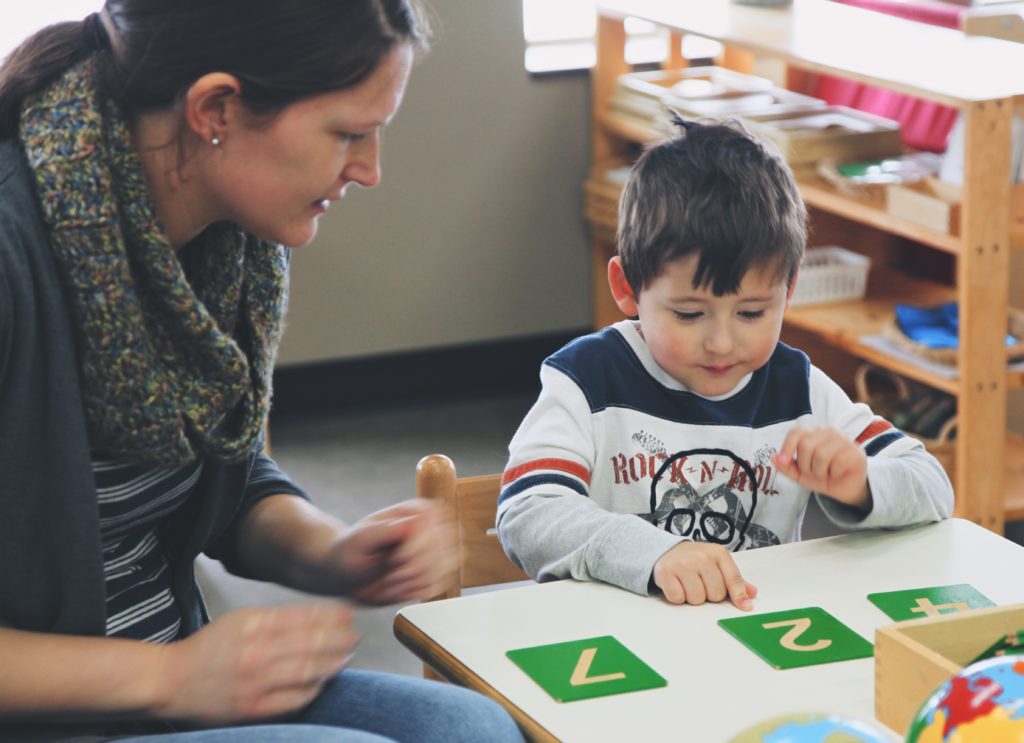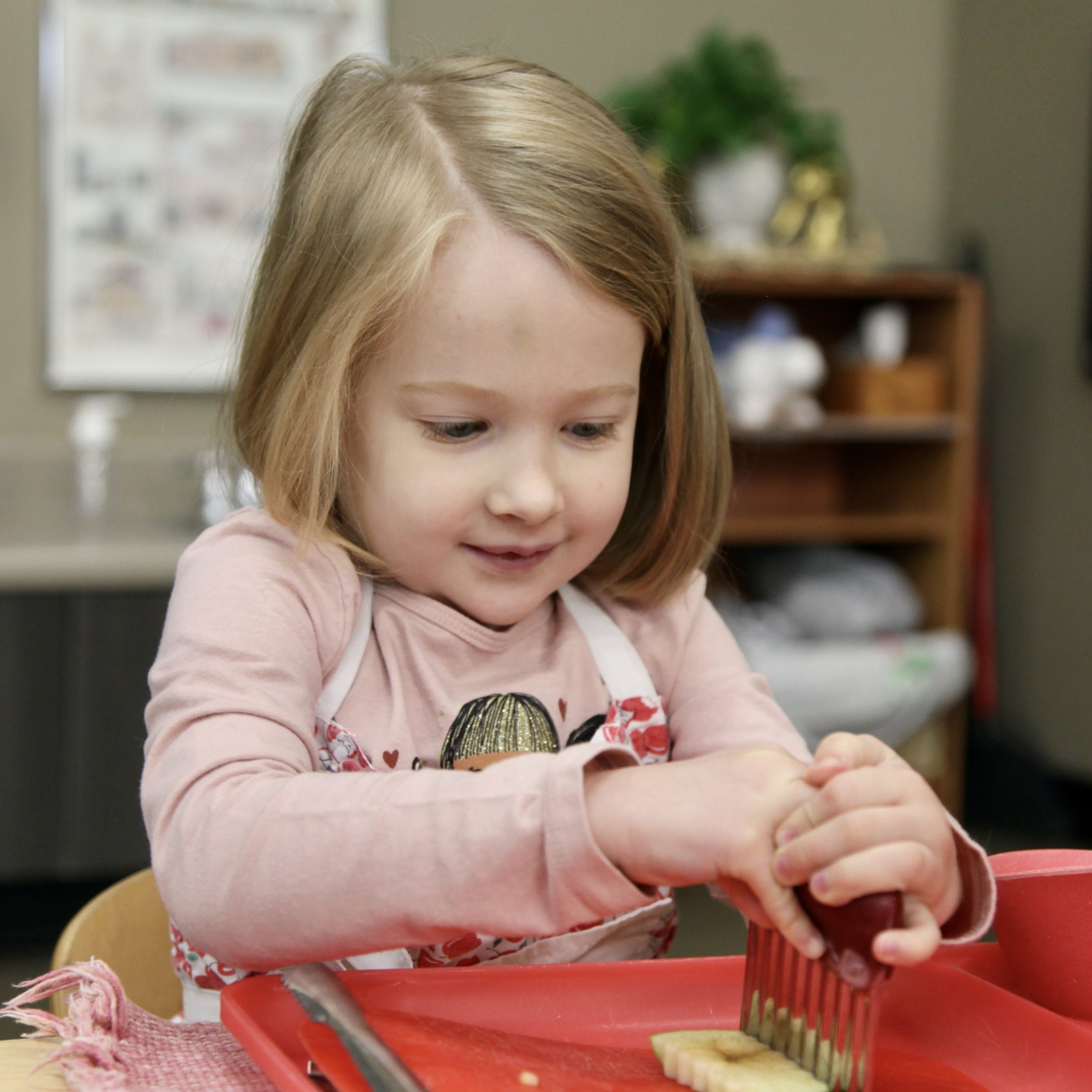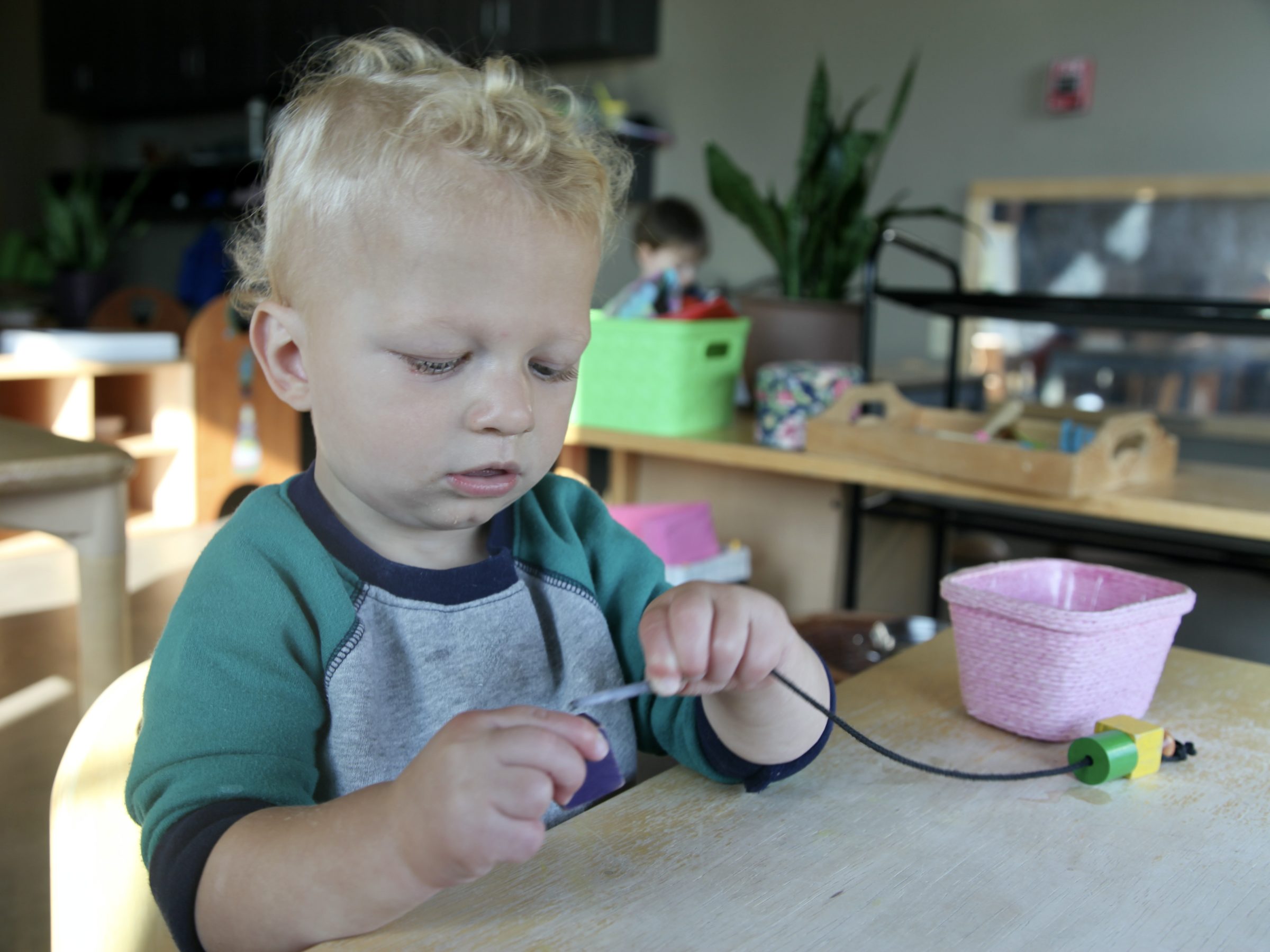Seeking Information
Podcasts
Children seek out information like it’s their job. And in so many ways, it is. Little Scientists, they experiment all day long, is this how you balance? Where’s my mouth? If I treat my friend this way, what will happen? Can I form the right sounds in the right order to get what I want?
Children are seeking information from their earliest days, from an infant watching your mouth or a baby reaching out toward a mobile. They are looking for ways to interact with their surroundings and their people, and making connections from these experiences and relationships.
Learning to speak is a new catalyst for seeking information. Children learn, very early on, if I ask an adult a question, typically they’ll talk to me. And almost as much as being listened to, children love to be talked to. (If you prefer talking, too, check out the podcast at the end of this post)
Talking with a child solidifies the relationship. If you’re talking to someone, you’re acting on the knowledge that they are present, they exist, they are important. This is still a message children are learning. Can we disagree and still be friends? If you’re not paying attention to me, perhaps you’ve forgotten about me! The possibility of being forgotten is quite dramatic for a child, even if she’s not able to verbalize it.
There are so many ways children seek out information every day, and sometimes those require us to seek information, in order to best be of service. Three examples of this presented themselves beautifully recently, and we thought they were worthy of a bit of an unpacking. If you’re interested, scroll to the bottom of this post for more on this topic.
First, “I need help,” doesn’t always mean what we think it does.
“I need help,” is arguably the most used phrase for children. Sometimes it’s clear — a panicked voice indicating they’ve gotten themselves into a bit of a mess. But other times, it means something else.
“Talking with a child solidifies the relationship.”
“I need help,” can almost be like “ouch”: an immediate reactive response, but when we think about it, bumping into the door frame didn’t actually hurt, just like when we take a step back and know that help is just a question away, we don’t actually need it.
A child was working with a Chain and came over and said, “I need help.” The Chains are challenging, and sometimes you get stuck. We walked over, and looked at the work together. All appeared to be in order. “What do you need help with?” He resumed counting the chain, and all was well again.
A simple affirmation was all the help that was required.
Without asking, without seeking information, we’d only have what was immediately visible to draw upon. Perhaps he needed help with his shoelaces, or he’d asked a younger friend to stop touching his work but the beads were just too appealing, or there was a spill from Table Washing that was about to come near his rug, which might not have been readily apparent.
Perhaps the label for 64 was missing. Perhaps he’d skipped from 79 to 90, and was looking for a label which said 91 and none was there to be found. Perhaps he’d forgotten how to put the chain away.
Without seeking information, a quick glance wouldn’t necessarily indicate what, if any, help was required. It would have been easy to say, “No you don’t! You’ve got this!” and that might or might not have empowered the child and solved the issue. But if you’re young, and you’re just learning how to identify when you need help and how to ask for it, rather than simply sitting with your work or getting frustrated or putting it away, it’s my responsibility to seek out information, too.
As it turns out, all he needed was a bit of notice. A few step’s distance gave needed perspective, yep, I do got this.
Second, every question isn’t real.
Let’s clarify: every question is a real SOMETHING but every question isn’t a real question.
Walking into school one day, we picked up something that had fallen on the floor. The child walking nearby asked, “Why did that fall over?” There wasn’t really an answer. It certainly hadn’t blown over, no one dropped it, sometimes things just gravity. Was this child really looking for an answer related to physics??
“I don’t really have an answer for that. What are you looking forward to doing today?”
Some questions are, again, simply a trigger response. We have such a strong desire to be in relationship with others, and when you’re little, you can literally feel overlooked. When small talk is still a work-in-process, it’s easy to just ask a question about the shared experience. Hence, “why did that fall over?”
We see this also when a child asks big wondering questions, such as “where do clouds come from?” and then they wander away or get a bit glassy-eyed when we give a real answer. Sometimes just a thought.
Sometimes, like when we’re feeling sad and ask a friend, “how are you?” in hopes they’ll ask us back, some questions are conversation starters, relationship-building, something you’re hoping you and this person have in common, something you want to share but you’ve learned that in polite society, we ask questions of one another. “What’s your favorite ice cream?” is one such example. “What’s yours?!” is a perfectly fine answer, and sometimes results in a giddy feeling that is palatable — she sees right through me and it’s wonderful; this adult sees ME.
Third, sometimes my deductions require a clarification.
Our assumptions serve us well — having all the data is a luxury and sometimes our brains evaluate and make an educated guess, which is a necessary evolutionary skill — but sometimes we look at all the data and put the thread together in a way that absolutely doesn’t serve the child.
“What’s ups?” “oops?” “Yeah, U.P.S.”
We were outside, where varied questions emerge, including about new vocabulary a child might not have previously encountered.
“A beautiful piece of Montessori education is that we always encourage children to seek information.”
Given that the child who asked this question speaks more than one language, and the pronunciation, it was natural to assume he was asking about the sound you make when you bump into someone accidentally, or drop something. Seeking clarification was more to make sure I heard right, rather than not understanding.
I hadn’t even registered the U.P.S. truck driving by, as trucks and backhoes and ambulances no longer hold the wonder for me that they do for a child, but he had noticed, and put together his reading skills to sound out the letters clearly painted on the side. U.P.S. Phonetically, they sounds like “oops.”
Responding with, “Oh, that’s what you say when you accidentally bump into someone, right before you say excuse me, or when you drop something,” would not only not have served this child, in this context, it would have been wrong!
“Oh. That’s U-P-S (saying the names of the letters, as we do colloquially). It stands for United Parcel Service. Someone got a package.”
“Without seeking information, a quick glance wouldn’t necessarily indicate what, if any, help was required.”
This is the response that helps him. Seeking information, in response to HIS seeking information, helps me to serve his needs in the best way, honoring the logic and learning he’s put together, and providing another piece for the puzzle.
A beautiful piece of Montessori education is that we always encourage children to seek information. It is all going to be on the test, since the test is a rich and glorious life filled with wonder and joy and life-long learning. Luckily, we get to seek it out right alongside them.
Here’s a podcast about Seeking Information, and be sure to subscribe on iTunes for a new podcast every other week.
Written by:
Charlotte Snyder
